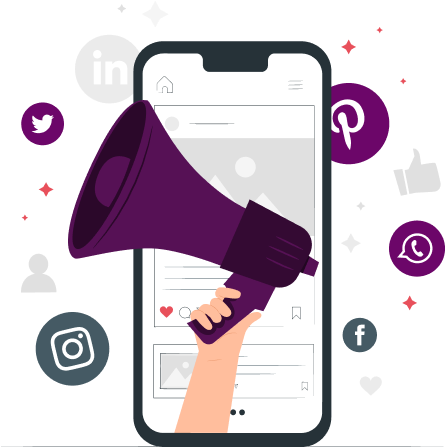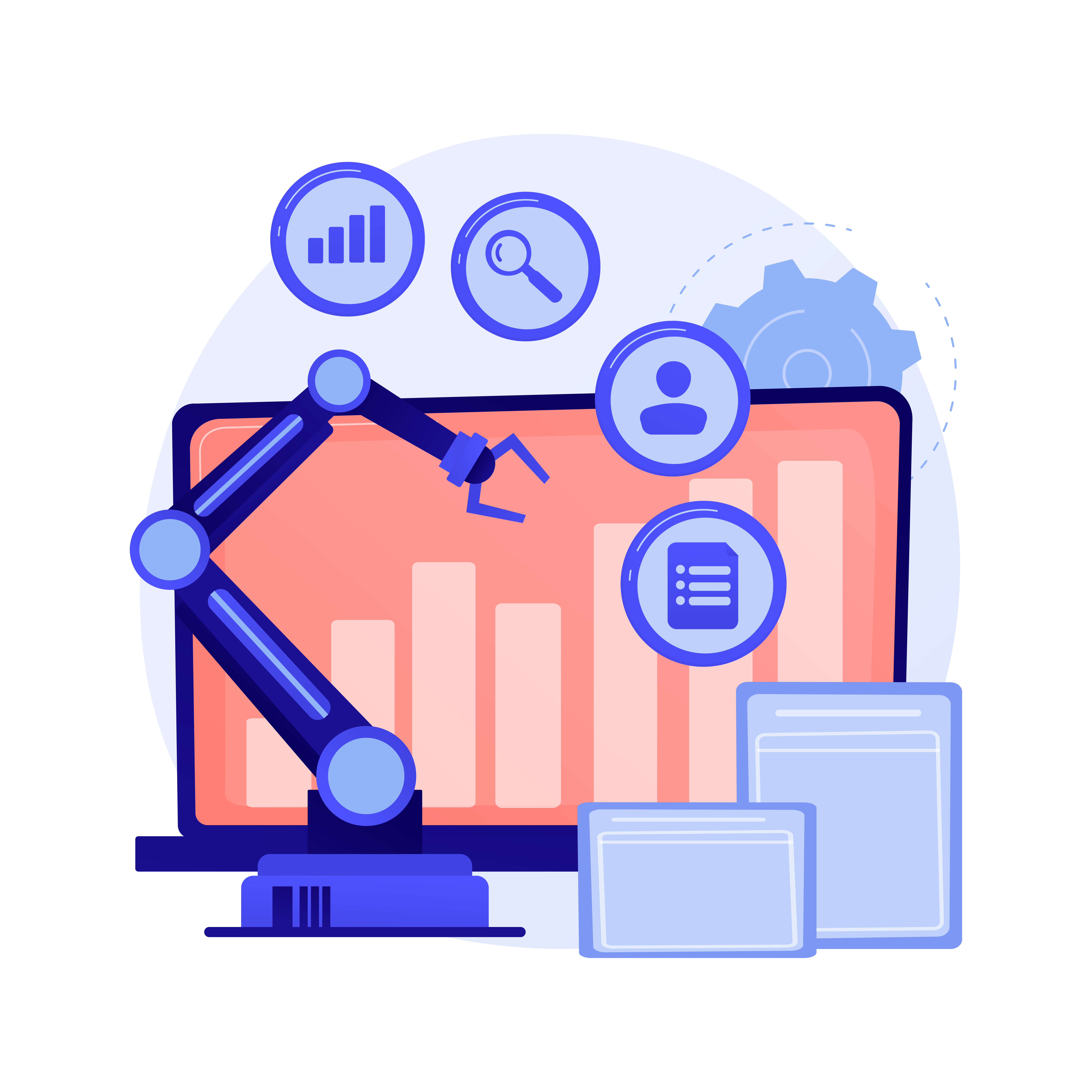AI Marketing Trends to Optimize Campaigns and Engage Customers
1. AI-powered lead generation
Interactive quizzes powered by artificial intelligence have become a way for brands to connect with consumers in a more personalized way. AI enables quizzes to be smart and adaptive and provides customized results for each user.
Based on a user's responses, AI can automatically categorize leads into different groups or personas. Quiz results are used to provide targeted content, product recommendations, and follow-up messaging tailored to the user's needs and interests.
For example, an e-commerce retailer can determine if prospects are price-sensitive versus quality-focused by promoting different discounts or product lines to each segment. The personalized experience leaves prospects feeling understood and the business with data that they can use for target campaigns.
Additionally, the interactive and shareable nature of quizzes makes them great for driving brand awareness and traffic. Brands can easily embed AI quizzes on websites, share on social media, or run digital ads. Viral quiz results that resonate get widely shared, directing qualified traffic into the sales funnel. Users engage more with brands that create fun, personalized experiences versus generic ads .


2. Market research
With the help of AI, market research has been providing brands with deeper consumer and competitive insights faster than ever before, enabling marketers to analyze massive amounts of data and derive actionable insights efficiently.
By processing volumes of consumer data related to demographics, behavior, transactions, and more, AI can detect meaningful patterns and categorize customers into groups with common traits and needs. This allows for tailored branding, messaging, and product development.
For instance, Disney uses AI to gain better insights into their customers' interests across geographic and psychographic dimensions. This helps them personalize content and experience recommendations through platforms like Disney+.
Additionally, conversational AI-like chatbots are revolutionizing market research by enabling quick, interactive data collection at scale through surveys and interviews. Chatbots engage customers in a comfortable messaging interface to ask questions and gather feedback. This facilitates more candid, qualitative insights compared to traditional methods.


3. Advertising
Artificial intelligence is becoming an integral part of advertising as brands look to optimize campaign performance and connect with consumers more effectively. Major platforms like Facebook, Google, and Amazon now incorporate AI technologies into their advertising products and services.One key application uses machine learning algorithms to create custom audience segments based on demographic, behavioral, and interest data. For example, Facebook's Lookalike Audiences utilizes AI to help brands find new potential customers that closely match the characteristics of their existing high-value customers. This enables more precise targeting and higher conversion rates.
AI is also being used to automate and optimize media buying. Platforms like Google Ads and Amazon DSP leverage predictive analytics to set optimal bids and budgets. The AI considers factors like daypart, device type, ad positioning, and more to get the most value from ad spend. Brands rely on these AI-driven bid strategies to efficiently scale campaigns and reduce wasted ad impressions.
Additionally, AI powers creative optimization by A/B testing different ad elements like images, headlines, and calls to action to determine the highest-performing variants. For instance, Google responsive search ads can generate and test thousands of ad combinations to find what resonates most with target audiences.
Brands that are currently leveraging these AI technologies can gain a significant competitive advantage in reaching and engaging modern consumers.


4. Consumer research
Artificial intelligence is currently revolutionizing consumer research by providing brands with deeper insights. Many companies are now using AI-powered tools to monitor and analyze social media conversations in real-time.Social media listening leverages natural language processing and machine learning algorithms to track and interpret massive amounts of unstructured data from platforms like Twitter, Facebook, Instagram, and YouTube. The AI helps make sense of this data to identify key trends, topics, influencers, and sentiment.
For example, tools like Brandwatch and Talkwalker use AI to detect brand mentions across social networks. They can analyze the sentiment of these mentions—whether they are positive, negative, or neutral. Brands can get quick feedback on how audiences respond to campaigns or new product launches.
AI tools can also recognize emerging trends, like viral memes, timely events, or shifts in audience interests, and can look across demographics and psychographics to understand consumer preferences and desires. This gives marketers crucial audience insights that can inform branding, positioning, and engagement strategies.


5. Content creation
AI-powered content creation enables brands to produce higher quality, optimized marketing content at scale. Many companies are now using AI content tools to streamline their workflows.
For writing content, advanced natural language generation tools like Jasper can automatically create blog posts, social media captions, and other materials based on human-written samples. This saves considerable time compared to manual writing. AI writing assistants also suggest grammar improvements and other edits to refine content.
Visual content creation has also been revolutionized by AI-powered graphic design platforms such as Canva. The software provides predesigned templates and layouts, along with stock photos and images that can be easily customized for social media posts, ads, reports, and more. This facilitates design work without extensive graphic design expertise.
AI is also being used to optimize content quality through solutions like Acrolinx. It analyzes drafts for issues like reading difficulty, word choice, and consistency. This content governance tool then offers intelligent suggestions to improve clarity, conciseness, and alignment with brand voice, helping to maintain quality standards at scale.
This expanded content library improves marketing performance across channels from social media to websites and gives the brand the creative capabilities to better connect with audiences.


6. Automation
Marketing automation continues to allow brands to orchestrate smarter, more personalized cross-channel campaigns. However, improved AI capabilities being integrated into automation platforms allow for optimizing campaigns' timing, targeting, and content.Tools like ActiveCampaign leverage predictive analytics to identify the days and times when a contact is most likely to open, click, and convert. This results in higher engagement and conversion rates compared to batch sends.


